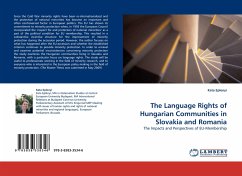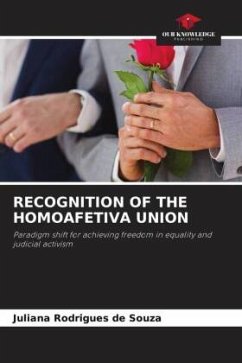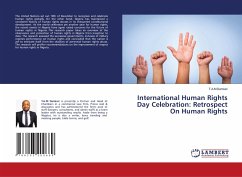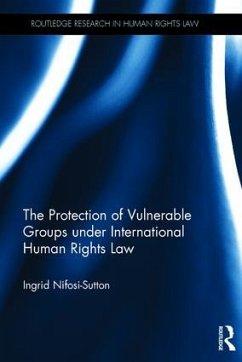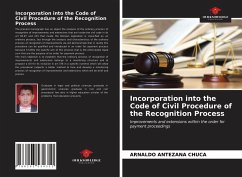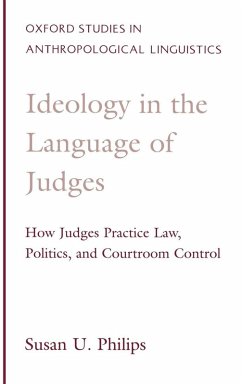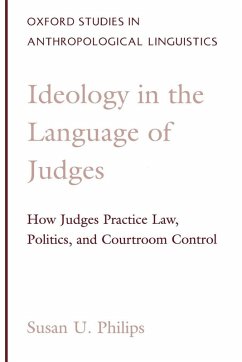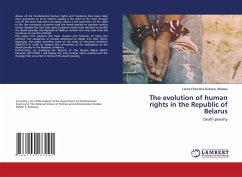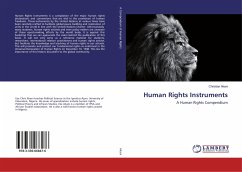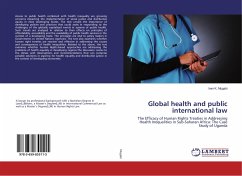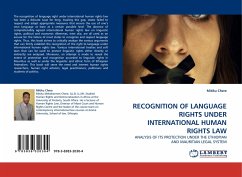
RECOGNITION OF LANGUAGE RIGHTS UNDER INTERNATIONAL HUMAN RIGHTS LAW
ANALYSIS OF ITS PROTECTION UNDER THE ETHIOPIAN AND MAURITIAN LEGAL SYSTEM
Versandkostenfrei!
Versandfertig in 6-10 Tagen
32,99 €
inkl. MwSt.

PAYBACK Punkte
16 °P sammeln!
The recognition of language right under international human rights law has been a delicate issue for long. Availing this gap, states failed to respect and adopt appropriate measures that ensure the use of one s own language at least at a certain possible level. The absence of comprehensibly agreed international human rights law on linguistic rights, political and economic dilemmas, inter alia, are all used as an excuse for the failure of most states to recognize and respect language rights. Thus, this book strives to critically analyze the various arguments that can firmly establish the recogn...
The recognition of language right under international human rights law has been a delicate issue for long. Availing this gap, states failed to respect and adopt appropriate measures that ensure the use of one s own language at least at a certain possible level. The absence of comprehensibly agreed international human rights law on linguistic rights, political and economic dilemmas, inter alia, are all used as an excuse for the failure of most states to recognize and respect language rights. Thus, this book strives to critically analyze the various arguments that can firmly establish the recognition of the right to language under international human rights law. Various international treaties and soft laws that can be used to protect linguistic rights either directly or indirectly are analyzed. Moreover, an attempt is made to reveal the extent of protection and recognition accorded to linguistic rights in Mauritius as well as under the linguistic and ethnic form of Ethiopian Federalism. This book will serve the need and interest human rights researchers, human right activists, legal practitioners, politicians and students of politics.



